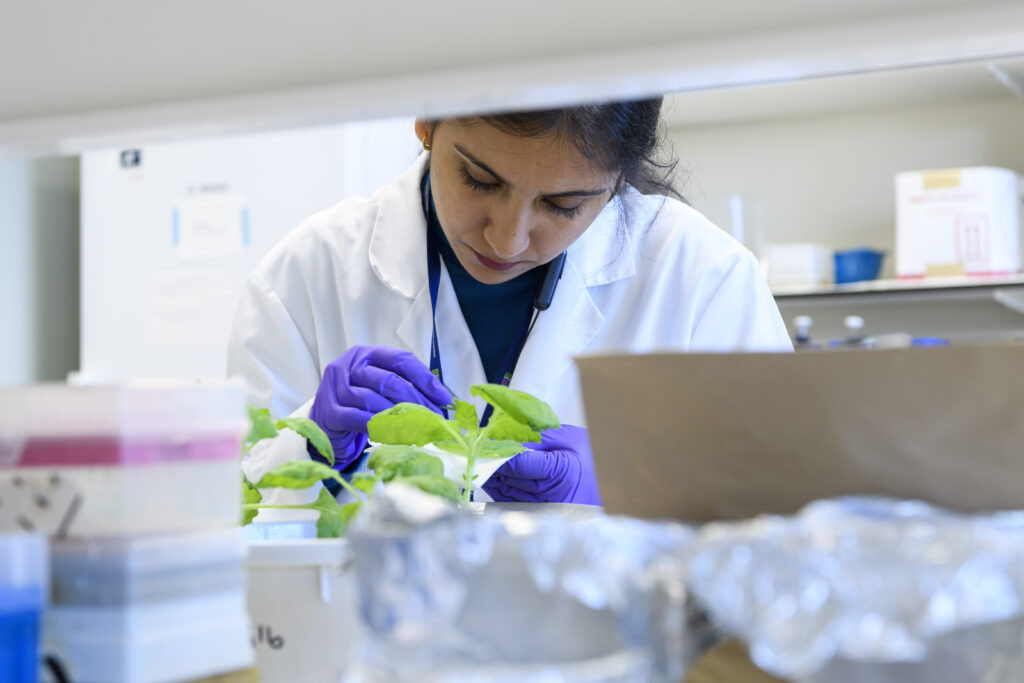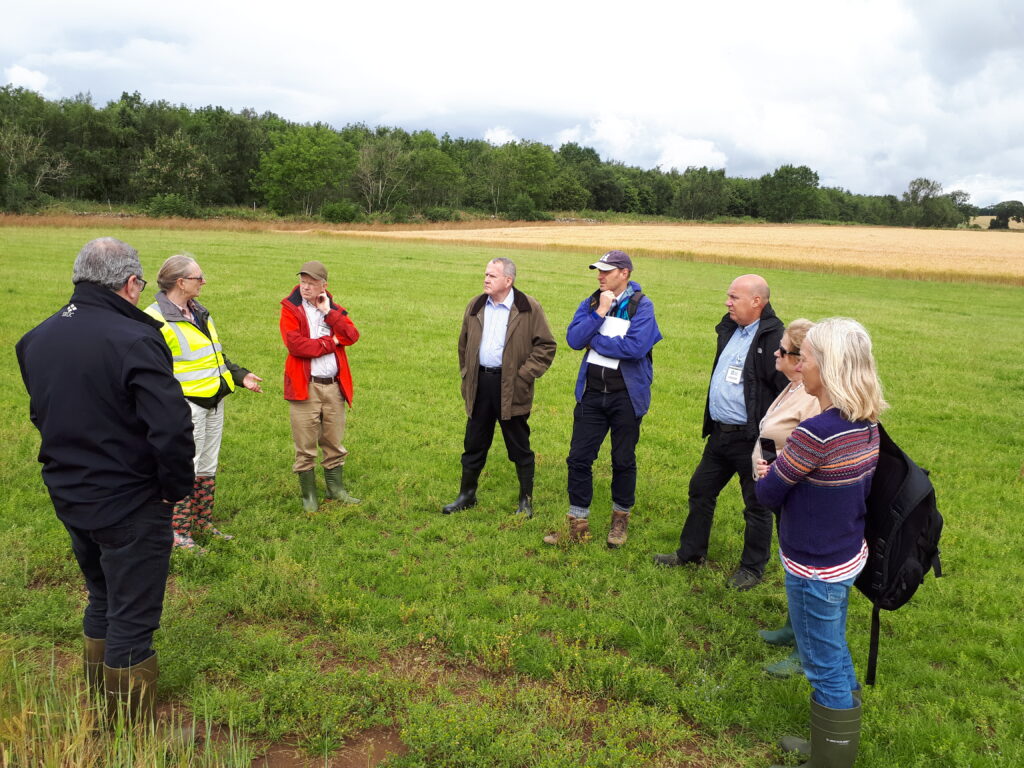Scientific services
The James Hutton Institute Scientific Services, is delivered by James Hutton Limited, the commercial subsidiary of The James Hutton Institute.
We undertake plant breeding and licensing, scientific research and consultancy, as well as analytical services for customers worldwide. Our team of highly experienced field, research and social scientists, along with our statisticians provide a professional service both in terms of delivery and quality.

We offer an extensive range of specialist services including:
- Analytical methods for the soil, water, agri-food and energy sectors.
- Field and controlled enviroment trials
- Working with commercial partners to breed new varieties of potatoes and soft fruit
We recently rebranded. James Hutton Limited now operates under the name: The James Hutton Institute Scientific Services. We still have the same mission, targets, and analytical services. The move has been made to align with the work of The James Hutton Institute, working under the same name and logo, celebrating our impactful research and services. Want to know more, get in contact:
Analytical services and techniques
We offer specialised analytical services catering to a diverse clientele across the globe. Our expertise spans various sectors, encompassing oil & gas, natural products (including cannabinoids, medicinal plants and seaweeds), food and drink, water, soils, agriculture and horticulture.
With ISO17025:2017 and GMP accreditations, our laboratories uphold the highest standards of quality assurance. We are proud to be recognised as an ORETO (Official Recognition of Efficacy Testing Organisation).


Improving crop production
Collaborating with commercial partners, we harness our genetic development research and extensive germplasm collections to breed new varieties of potatoes and soft fruit.
Our diverse portfolio of varieties is available for international licensing, supported by rigorous field and controlled environment trials conducted by our expert team
Research collaborations
We forge partnerships across the agri-food supply chain, leveraging cutting-edge agri-tech advancements and championing regenerative agriculture practices.
Engaging with landowners, we conduct research aimed at tackling land use challenges and enhancing natural capital, including water resource management, renewable energy integration, and community engagement initiatives


How to work with us
Interested in utilising our state-of-the-art facilities, including crop storage or phenotyping equipment?
Exploring tenancy options to co-locate at one of our sites?
Seeking to license our patented technology or consult with our world-leading experts?
Whatever your requirements, we’re equipped to meet them.
Our leadership team
Our leadership team and board have a wealth of commercial and business leadership experience from a wide range of sectors.
Find out more about our business development managers and the innovative research and technology they are working with.

